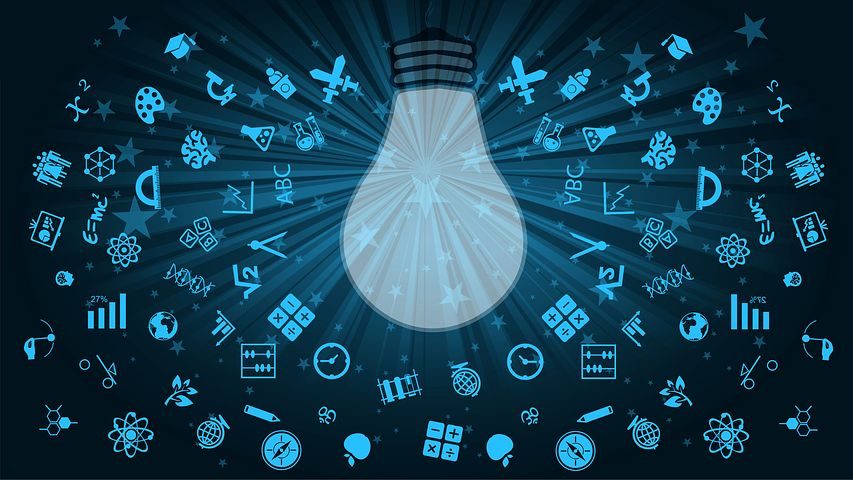By Metohuey Adoglo
In recent years, the integration of technology in education has rapidly transformed the way students learn across the globe. Africa, a continent known for its diverse cultures and traditions, is now embracing the potential of virtual labs and hands-on learning simulations to enhance the quality of education. These innovative tools are bridging the gap between traditional classroom learning and real-world applications.
Read More: Nurturing Future Generations Through Breastfeeding
Virtual labs offer students the opportunity to conduct experiments and explore scientific concepts in a digital environment. This is especially significant in Africa, where resource constraints can limit access to physical lab equipment. With virtual labs, students can engage in interactive experiments, observe outcomes, and gain practical insights, fostering a deeper understanding of subjects like physics, chemistry, and biology.
Hands-on learning simulations, on the other hand, provide a safe and controlled environment for students to practice real-life scenarios, making education more immersive and engaging. Whether it’s medical students simulating surgeries or engineering students designing structures, these simulations allow for trial and error without real-world consequences, building skills and confidence.
One of the most promising aspects of these technologies is their scalability. Virtual labs and simulations can reach students in remote areas with limited resources, democratizing access to quality education. Moreover, they can adapt to different learning styles, catering to individual needs and promoting personalized learning experiences.
However, challenges such as reliable internet connectivity and access to appropriate devices still exist. It is crucial for governments, educational institutions, and technology providers to collaborate in addressing these barriers, ensuring that the benefits of virtual labs and simulations are accessible to all African students.
Read More: Empowering African Leaders – The Mandela Washington Fellowship Experience
The integration of virtual labs and hands-on learning simulations marks a significant leap towards enhancing education in Africa. By enabling interactive and practical learning experiences, these technologies empower students with valuable skills that are essential for their future endeavors in a rapidly evolving world. As Africa embraces this digital transformation, it paves the way for a brighter and more inclusive educational landscape.
Our Story So Far. Your Dreams Matter, Your Stories Matter #DreamsTalks #AfricantechSpace pic.twitter.com/seZElwurGq
— Africanian News (@africaniannews) July 3, 2023
